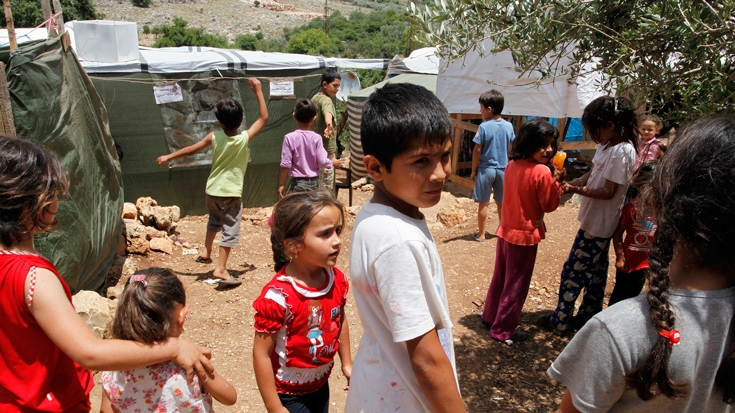In 2013, the world reached a worrisome milestone – 50 million people were displaced from their homes, the highest number since World War II.
This problem and others related to “fragility” and violence will be front and center as about 1,000 experts and governmental and political leaders gather at the World Bank in Washington for the Fragility, Conflict, and Violence Forum Feb. 11-13. Sessions on Ebola, youth, and redefining fragility will be webcast live.
Fragility, conflict, and violence have long been associated with the lack of development progress and a problem of poor countries recovering from civil war. But significant conflict exists even in affluent countries.
A major change in the World Bank Group approach was motivated by the 2011 World Development Report on Conflict, Security, and Development, which recommended that “strengthening legitimate institutions and governance to provide citizen security, justice, and jobs is crucial to break cycles of violence.”
Global fragility has continued to evolve and is assuming new forms: the Arab Spring and the consequent state fragmentation; the emergence of ethnic nationalism; sub-national conflict in emerging middle-income countries; psychological trauma precipitating repetitive cycles of urban violence; and the nexus between organized crime and illicit drug trade and civil wars.
Experts say there is a strong need to rethink the nature of fragility and find ways to address it more effectively.
“The nature of war is changing, and we have to be very innovative,” said Betty Bigombe, senior director of the Bank’s work on fragility, conflict, and violence.

